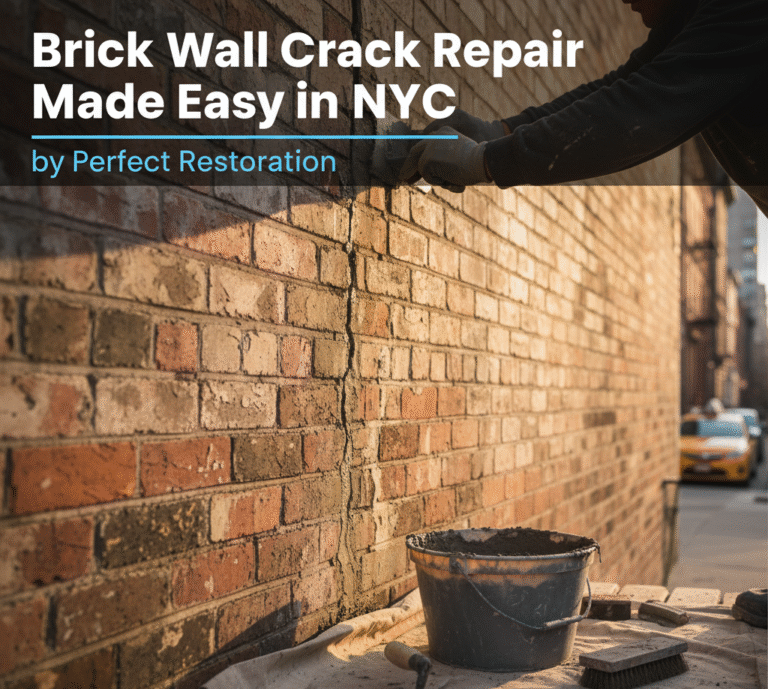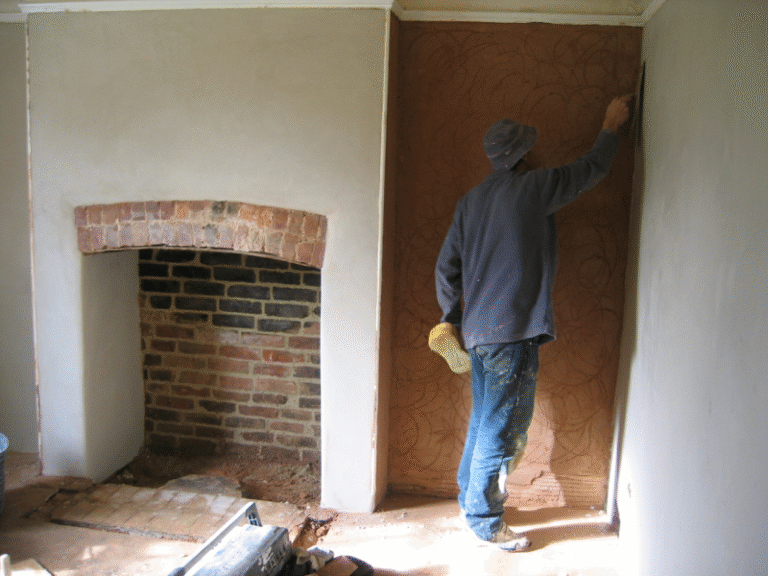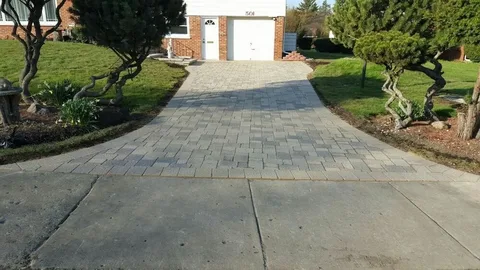Masonry Crack Repair – Giving Brickwork Back Its Beauty and Sturdiness
Walls made of brick and masonry are renowned for their strength, longevity, and classic beauty. Even the most resilient masonry, nevertheless, is susceptible to weather, aging, and shifting foundations. Cracks may develop with time, endangering your walls’ stability as well as appearance. At this point, masonry crack repair becomes crucial for the long-term stability of your property as well as for cosmetic reasons.
This tutorial will cover the reasons behind masonry cracks, how to fix them, why it’s crucial to work with professionals, and helpful advice for homeowners looking for masonry crack repair services in their area.
Why Do Cracks Form in Masonry?
It’s critical to comprehend the underlying reasons for brick and stone wall cracks before attempting to fix them.
Typical Reasons for Masonry Cracks
Foundation settling: The walls above a structure may crack as the soil beneath it changes.
Water infiltration: When moisture seeps into the stonework, it causes cracks.
Temperature variations: Brick and mortar are compressed by freeze-thaw cycles.
Bad construction techniques: Improper installation or the use of incorrect mortar mixtures result in long-term vulnerabilities.
Structural stress: Stress cracks may result from repairs or additional loads.
Finding the source makes it easier to distinguish between a superficial crack and a symptom of more serious structural issues.
Types of Brick Wall Cracks
Every crack is different. The secret to successfully repairing brick fractures is identifying the type of crack.
Cracks in the hairline
These are little surface fissures in the brick or mortar. They are not harmful right away, but if you neglect them, they can get wider.
Vertical fissures
Vertical cracks, which are frequently brought on by settlement or foundation changes, should have their structural influence assessed.
Cracks that run horizontally
These are more severe and frequently associated with water damage or foundation pressure. Professional intervention is usually necessary for them.
Cracks in Steps
These are frequently observed in walls impacted by shifting or settling foundations and show up at the mortar joints in a stairway pattern.
Big Cracks in the Masonry
Stability and safety are at risk when fissures are deep or extensive. Large masonry cracks should never be repaired as a do-it-yourself effort; instead, expert techniques are needed.
Techniques for Repairing Masonry Cracks
Repointing and Tuckpointing 1.
In this procedure, deteriorated mortar is removed and replaced with fresh mortar that is identical to the original in terms of composition and color. It restores attractiveness and fortifies the structure.
2. Injection of Polyurethane or Epoxy
To seal the fracture and stop water intrusion, expert contractors may apply epoxy or polyurethane injections to severe wall fissures.
3. Using reinforcement bars during stitching
Steel reinforcement bars are placed across cracks to restore strength when they jeopardize structural stability. This is frequently used to fix major cracks in masonry.
4. Waterproofing and Crack Sealing
After repairs, contractors may use water-resistant paints and sealants to prevent moisture damage.
5. Replacement of Bricks
It can be necessary to replace broken bricks with new ones that match the original wall if they are substantially damaged.
How Much Does Brick Crack Repair Cost?
“How much does crack repair for brick walls cost?” is one of the most frequent queries asked by homeowners.
The response is contingent upon multiple factors:
- The crack’s size and severity.
- type of repair technique needed.
- accessibility of the area that was destroyed.
- local labor costs and knowledge.
Repairing major masonry cracks that require structural reinforcement will inevitably cost more, even though minor crack repairs can be reasonably priced. Consider the expense as an investment in the security, durability, and worth of your house rather of concentrating on precise figures.

Professional vs. Do-it-yourself Masonry Crack Repair
Do-it-yourself Crack Repair
Store-bought sealants can occasionally be used to fill very tiny hairline cracks in mortar. DIY solutions, however, are short-term and might not deal with underlying structural problems.
Expert Repair
Employing professionals guarantees accurate diagnosis, superior materials, and long-lasting effects. Experts also bring specialized equipment for procedures that go much beyond a straightforward patch job, such as structural stitching and epoxy injection.
Look for professionals who have demonstrated expertise in historic masonry, foundation repair, and structural restoration when conducting an internet search for masonry crack repair services in your area.
Avoiding Masonry Cracks in the Future
Crack repair is just one aspect of the answer. Recurring harm can be avoided with preventive care:
- Maintain drainage by making sure water is diverted off walls via gutters and downspouts.
- Manage vegetation: Tree roots close to foundations have the potential to move soil and create fissures.
- Seal and waterproof: To guard against moisture, use breathable sealants.
- Plan for routine inspections: Expert assessments every few years aid in identifying damage early.
- Deal with foundation problems as soon as possible. Wall cracks can indicate foundation issues that require quick resolution.
A Real-World Example: Repairing a Broken Brick Wall
Along the back wall of their brick home, a homeowner discovered step cracks developing. At first, they thought about using mortar mix from the store to mend them. But after speaking with specialists, they established that the foundation’s soil settlement was the cause of the fissures.
The contractors repointed the damaged parts, reinforced the foundation, and used steel rods to stitch the masonry. The end result was a sturdy, lovely wall that enhanced curb appeal while preserving the home’s value.
This instance demonstrates the importance of a professional assessment while repairing brick fractures.
How to Pick the Best Contractor for Masonry Crack Repair
- Remember these factors when looking for experts:
- demonstrated success in fixing brick wall cracks.
- familiarity with both contemporary and conventional masonry techniques.
- Detailed descriptions of repair methods.
- adherence to safety regulations and construction norms.
- clear warranty choices and prices.
In summary, safeguard your brickwork before it’s too late.
Masonry wall cracks should never be disregarded. The safety, aesthetic appeal, and value of your property are safeguarded by prompt masonry crack repair, regardless of the severity of the crack. Professional services provide long-lasting results when mending massive masonry fractures or brick fissures.
Don’t wait for wall cracks to get worse if you’ve already observed them. For professional masonry crack repair services in your area, get in touch with a reputable contractor right now. One brick at a time, you can restore the strength and beauty of your brickwork.




